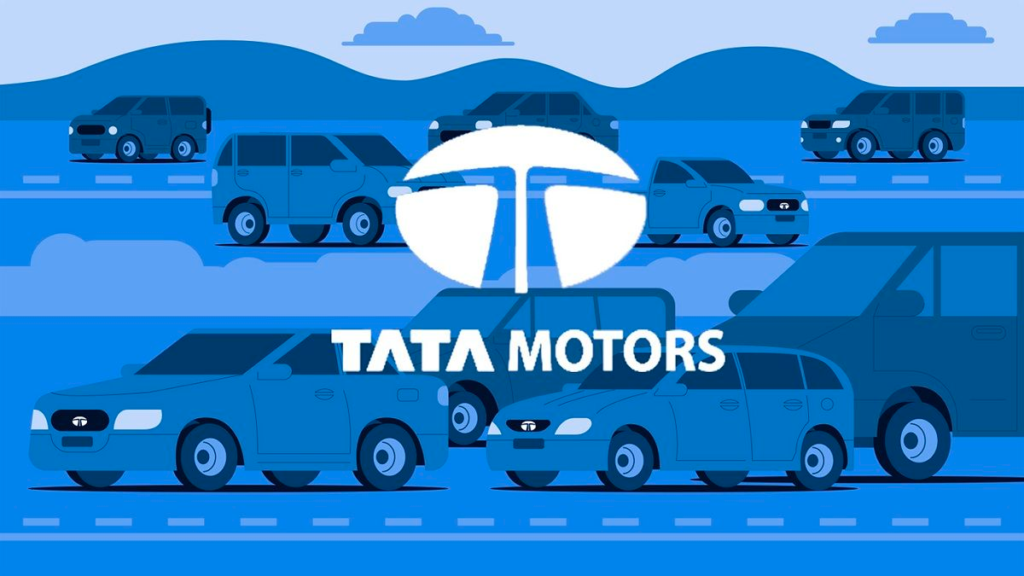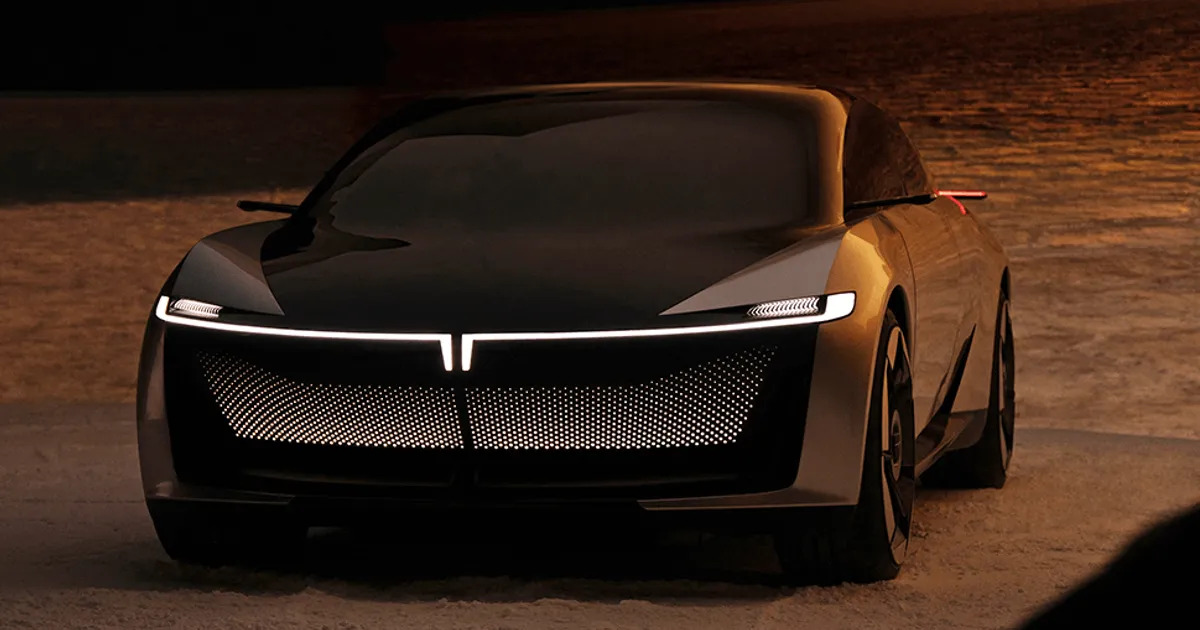Tata Motors, one of India’s leading automotive manufacturers, has set its sights on a transformative goal: converting 50% of its vehicle portfolio to electric vehicles (EVs) by the year 2030. The company’s ambitious vision comes as a response to the pressing need for sustainable transportation solutions and aligns with global efforts to combat climate change. In a remarkable demonstration of progress, Tata Motors’ EV sales soared to 50,000 units in the first quarter of the fiscal year 2022-23, a significant leap from a mere 1,300 units just three years ago.
At present, Tata Motors boasts a diverse range of EV offerings, encompassing hatchbacks, sedans, SUVs, and more, which collectively contribute to 12% of the company’s total sales. Among the best-selling EV models are the Nexon EV, Tigor EV, and Tiago EV. These vehicles have garnered substantial popularity among consumers owing to their affordability, innovative features, and ease of adoption.
In its unwavering commitment to achieving a net-zero emissions target by 2040, Tata Motors has already introduced a range of EV products based on Generation 2 and Generation 3 architectures. Notable additions to the lineup include the Harrier EV, Sierra EV, and Avinya. By focusing on substantial volume growth, future investments, and market competitiveness in the upcoming fiscal year, Tata Motors aims to fortify its position as a frontrunner in the EV sector.

Moreover, Tata Motors’ subsidiary, Jaguar Land Rover (JLR), is also actively driving the transition towards electric mobility. JLR has announced its intention to transform into a Jaguar all-electric luxury brand, earmarking a colossal investment of $19 billion over the next five years. The inaugural JLR electric vehicle is scheduled for launch in 2024, with availability to customers in 2025. In an exciting development, Tata Motors plans to commence pre-orders for its highly anticipated electric Range Rover by the end of 2023.
To solidify its position as India’s largest EV manufacturer, commanding an impressive 85% market share, Tata Motors has implemented five key strategies:
- Middle-Class Focus: Recognizing the middle-class segment’s significance, Tata Motors has introduced EV models like the Tiago EV with affordable pricing, new features, and user-friendly adoption processes. This approach has yielded fruitful results, with 24% of Tiago EV buyers being women and first-time car owners. Additionally, 49% of buyers hail from smaller cities, while 56% are under the age of 40.
- Infrastructure Development: Acknowledging the critical role of charging infrastructure in EV adoption, Tata Motors has substantially increased its efforts in this domain. The company has bolstered the number of charging stations by twofold, installing over 3,800 chargers nationwide. Furthermore, Tata Motors has collaborated with residential complexes in five major metro cities to set up 900 common charging points. Additionally, home charging facilities are available in over 170 cities, enabling convenient charging for EV owners.
- Battery Manufacturing: In a significant stride towards self-sufficiency, Tata Motors recently inked an agreement with the Gujarat government to construct a state-of-the-art Lithium-ion cell factory, entailing an investment of Rs 13,000 crore. This venture aims to boost domestic battery manufacturing capabilities, reducing reliance on imports. Additionally, Tata’s Agratas has partnered with Jaguar Land Rover to enhance the EV lineup.
- Strategic Partnerships: Tata Motors has forged key partnerships to expedite EV adoption. A notable collaboration is with HSBC, facilitating corporate employee financing to empower individuals to embrace EVs. As a result, customers can now apply for loans with zero down payment, zero documentation charges, and low processing fees, making EVs more accessible to a wider range of buyers.
- Customer Engagement: Tata Motors has introduced the “Evolve” program, a comprehensive initiative aimed at enhancing customer engagement. The program encompasses experiential drives, community activities, referrals, and benefits associated with vehicle exchange and upgrades. Currently operational in 13 cities, including Delhi, Mumbai, Bangalore, Pune, Chennai, Kolkata, and Kochi, “Evolve” seeks to foster a loyal customer base while delivering an unparalleled ownership experience.
As India emerges as a global hub for EVs, Tata Motors is at the forefront of the country’s “Make in India” mission, steadfastly championing the cause of sustainable transportation. With an unwavering focus on innovation, customer-centricity, and environmental stewardship, Tata Motors is poised to redefine India’s automotive landscape and pave the way for a greener and cleaner future.
For more such content follow Empire Weekly.




































